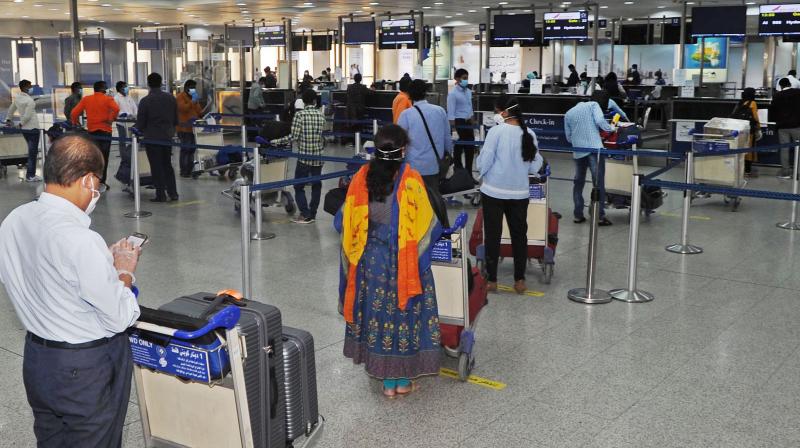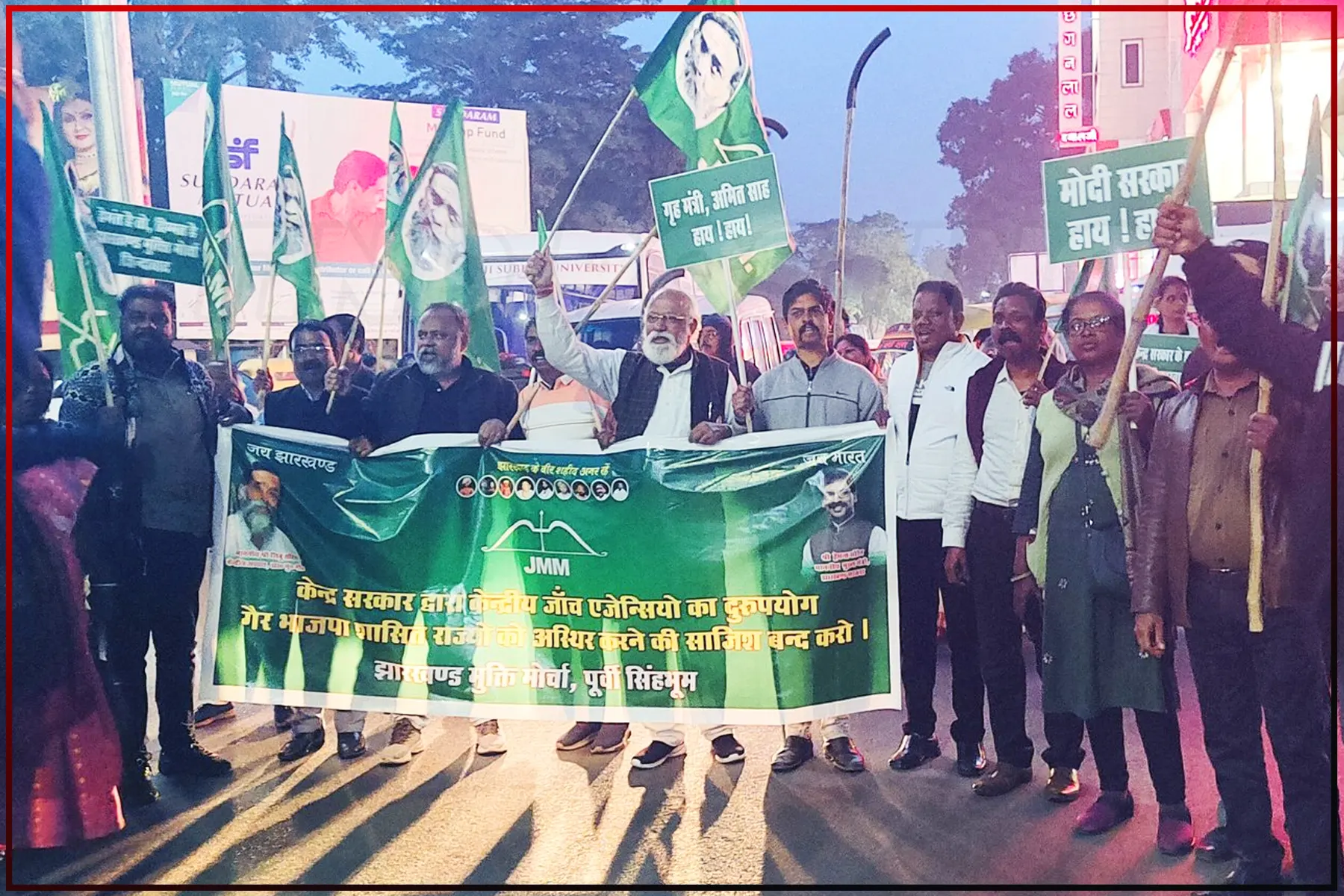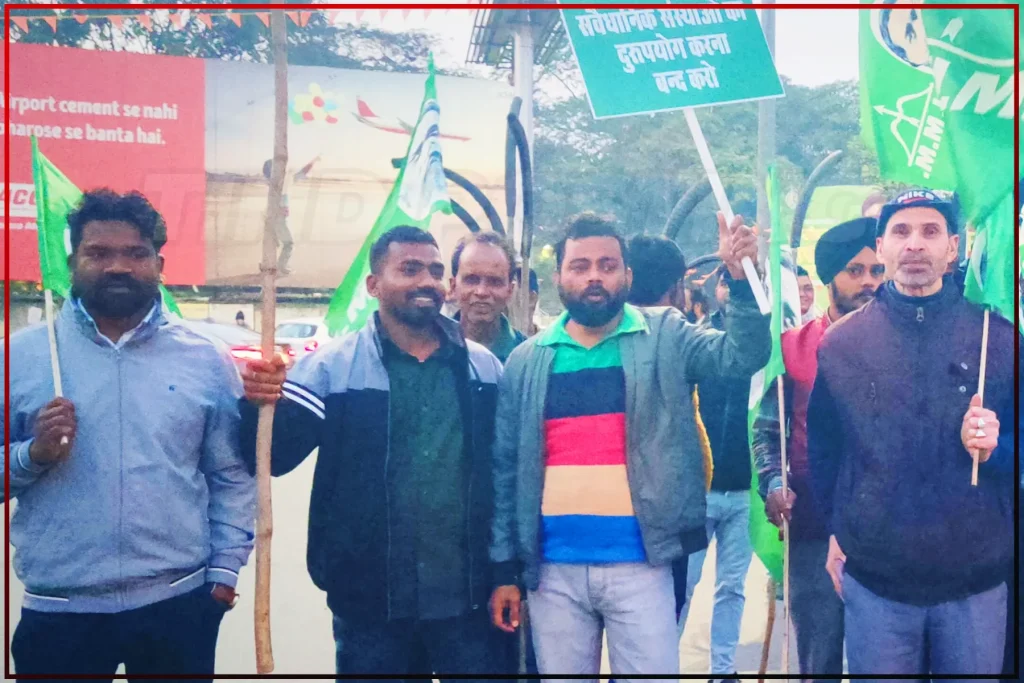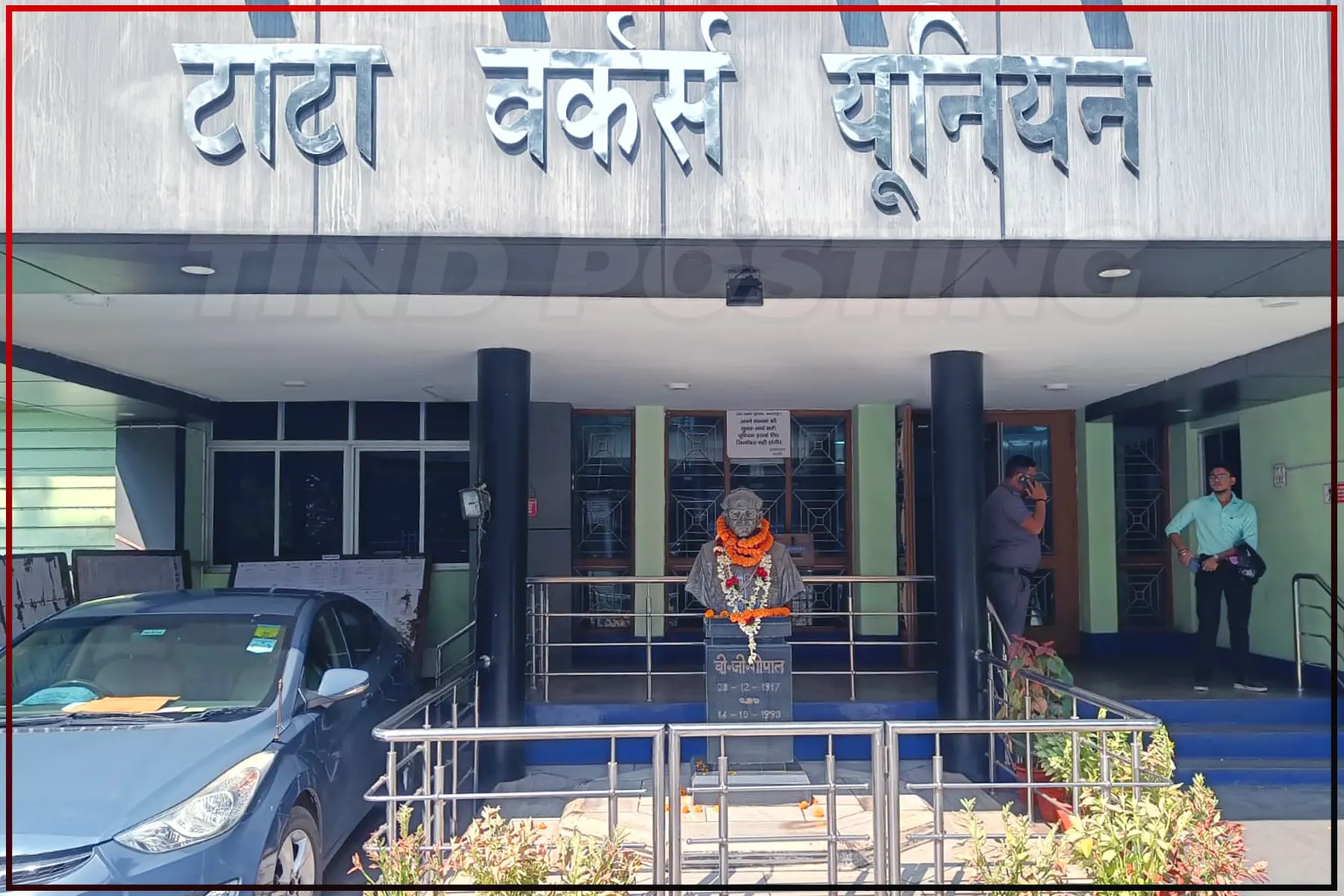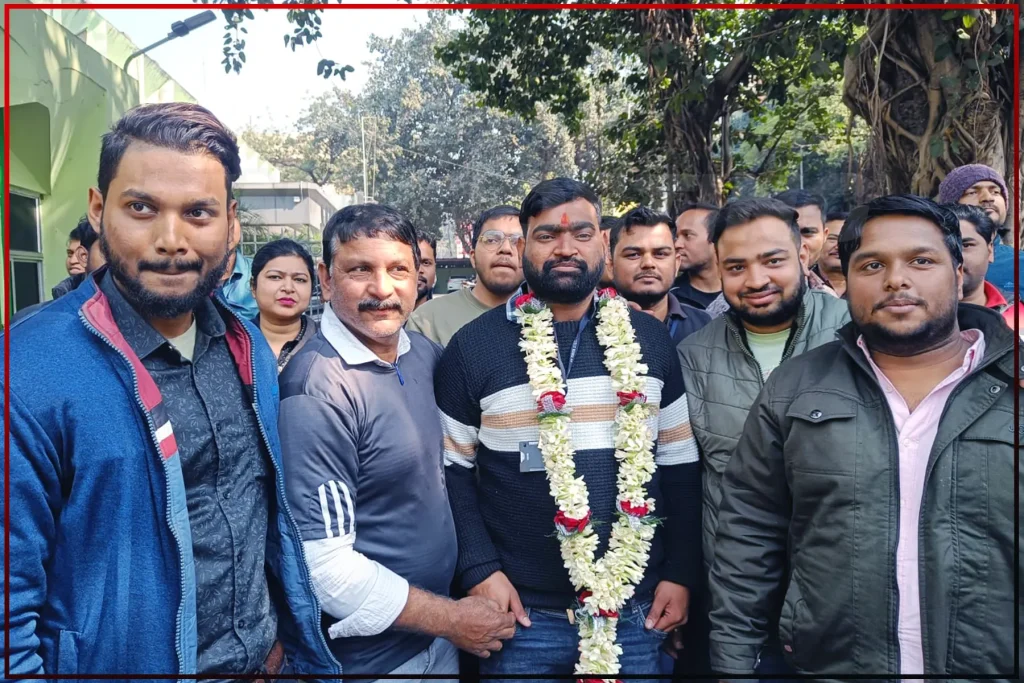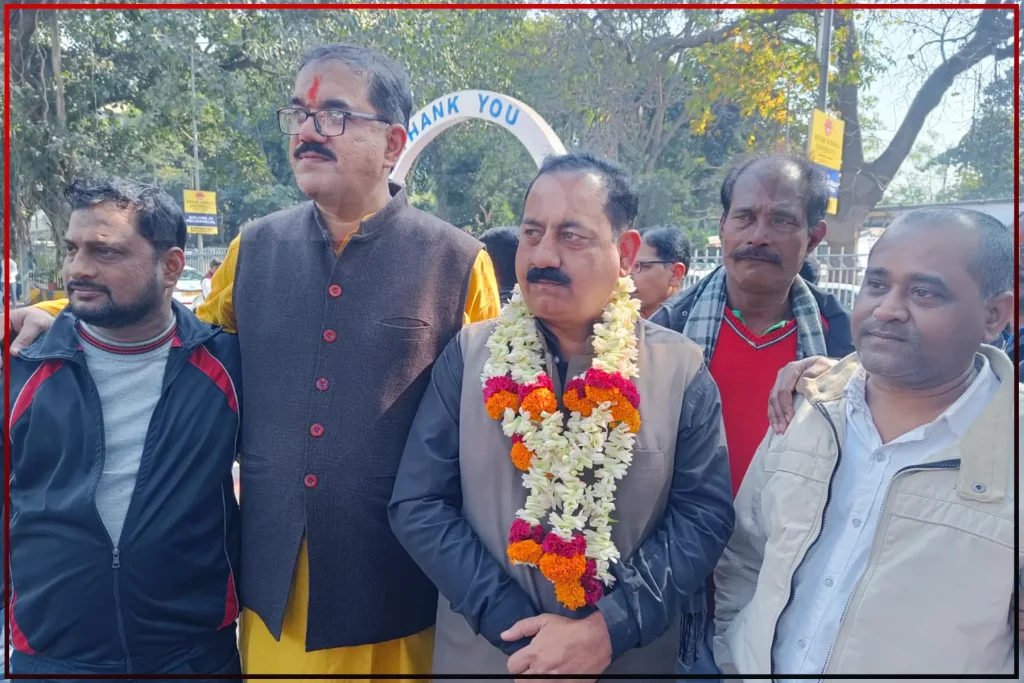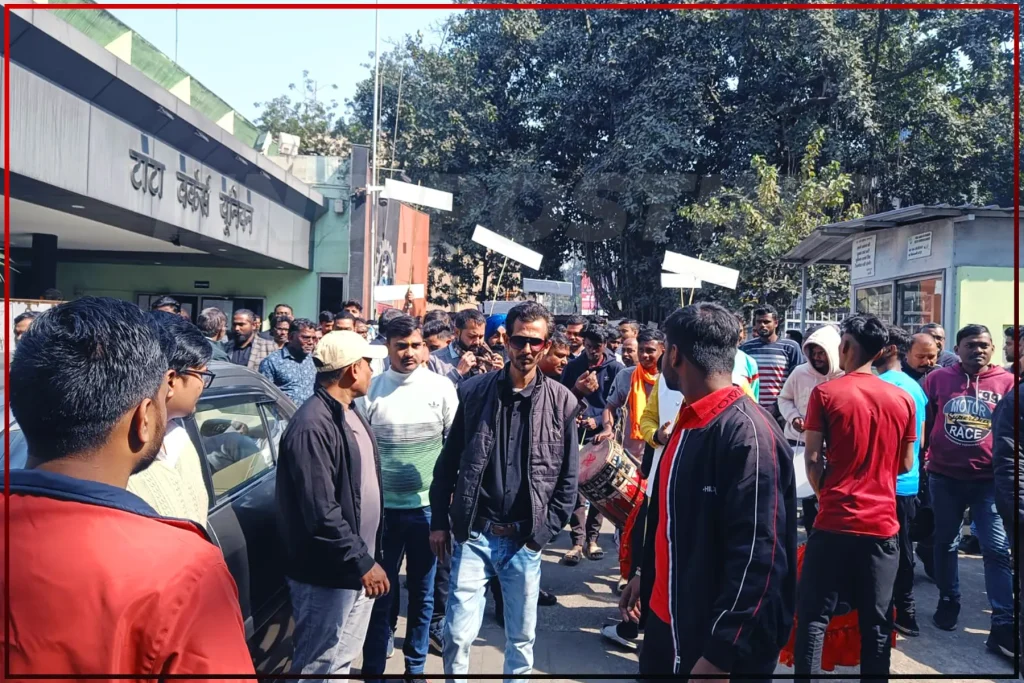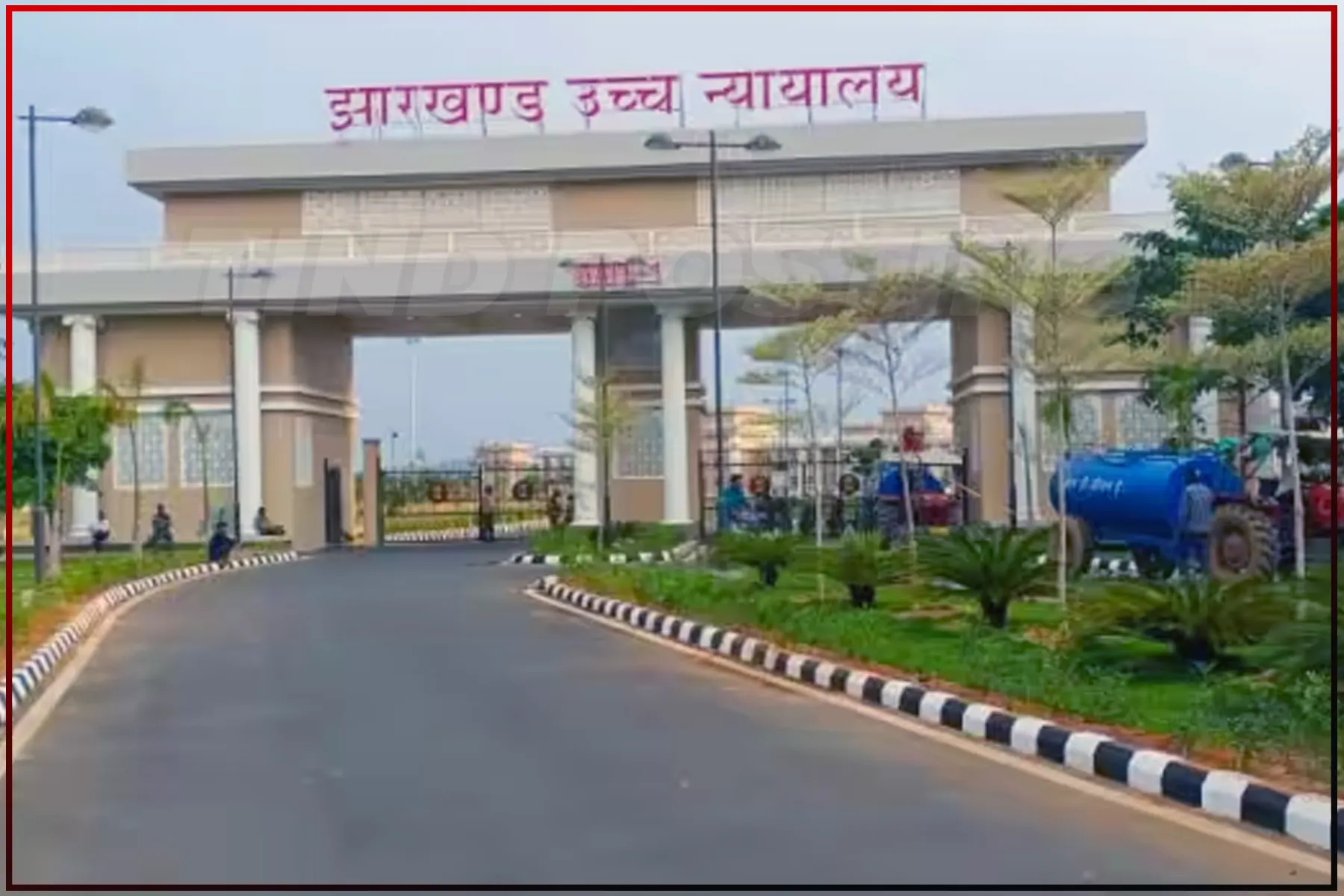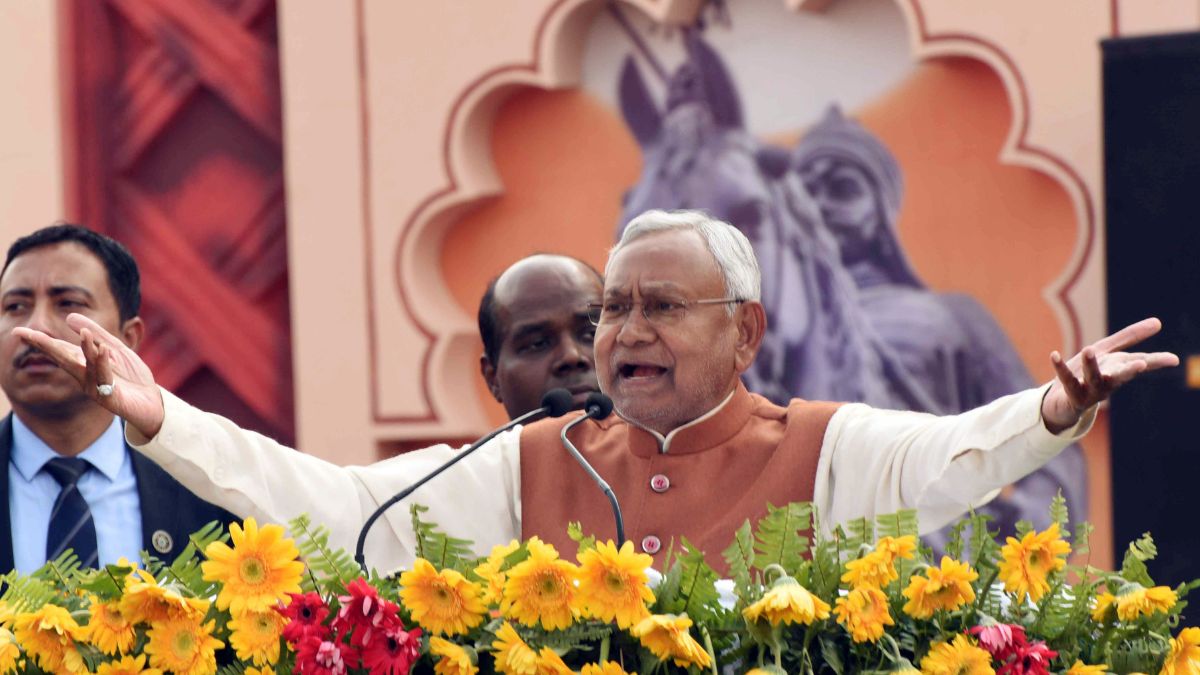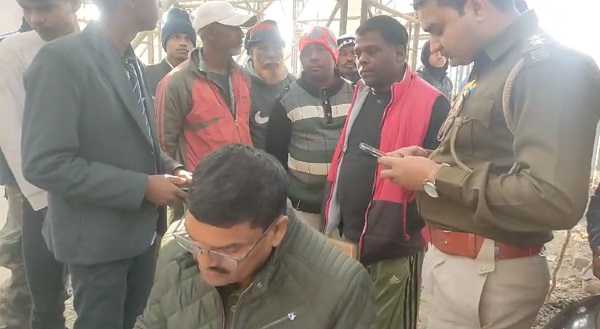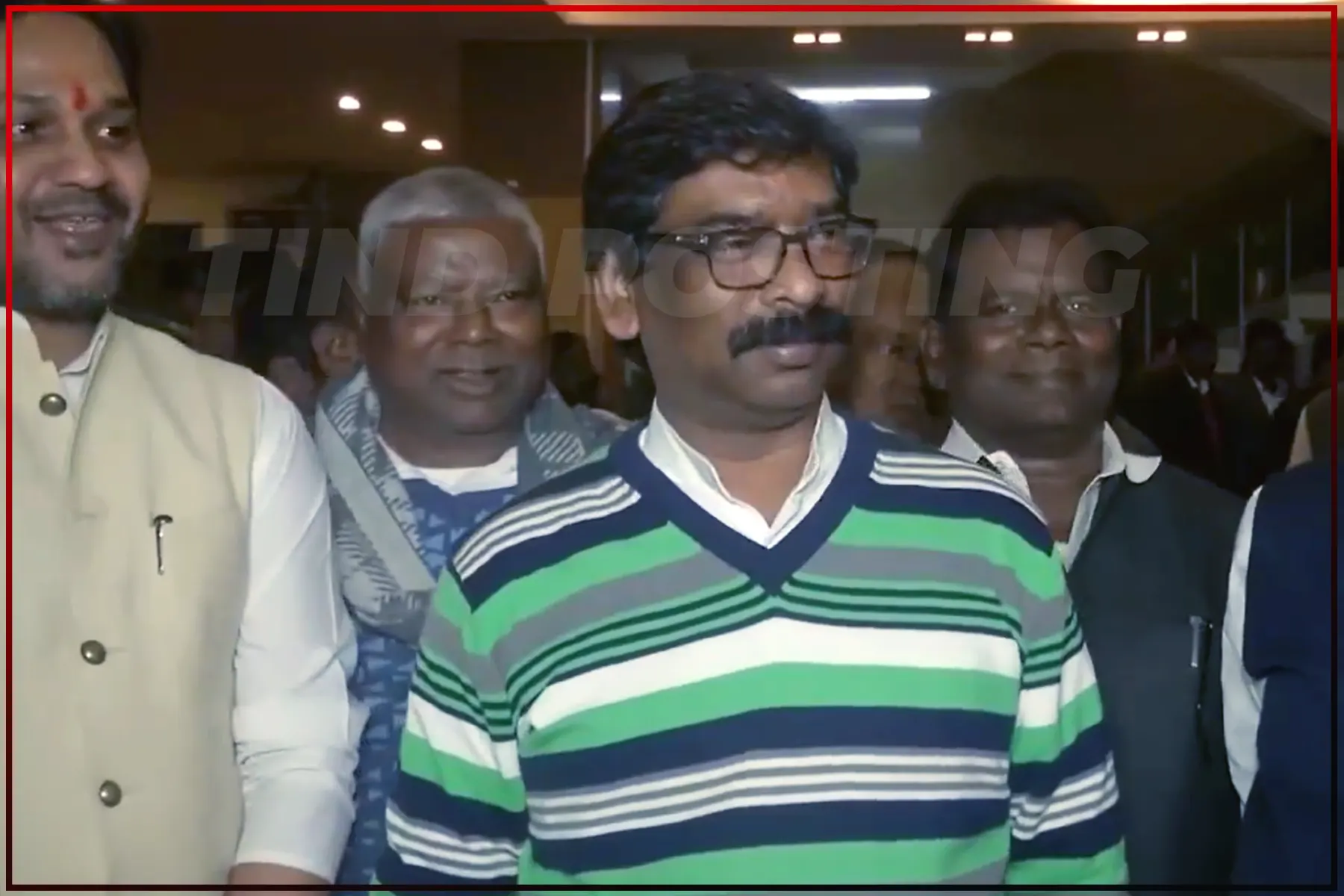Jharkhand News: ‘OBLIGATORY FOR WOMAN TO SERVE ELDERLY MOTHER-IN-LAW, IT IS A PART OF INDIAN CULTURE; DEMAND TO LIVE SEPARATELY IS UNREASONABLE’: JHARKHAND HIGH COURT
Serving elderly mothers-in-law or grandmothers-in-law is both a cultural custom and a duty for Indian women, according to the Jharkhand High Court. The wife’s unreasonable insistence on living apart from these in-laws was also emphasized by the court.
What is the case?
Following Hindu customs and ceremonies, the couple wed on May 11, 2013, and was blessed with a 4-year-old child. The wife created a tense environment by refusing to care for her mother-in-law and maternal grandmother, insisting on living apart from her husband, and voluntarily leaving the married residence with her son.
The wife claimed that she was mistreated in her married home and filed an application for maintenance under Section 125 of the Criminal Procedure Code, 1973 (the “CrPC”). Additionally, it was claimed that the mother-in-law started requesting Rs 5 lakhs on the aforementioned account and made remarks criticizing her father for not providing a sufficient dowry given that her son was a doctor. On June 9, 2018, she left the in-laws’ home due to these circumstances. While the husband and even his mother had multiple sources of monthly income, the mother was unable to support herself and her child. For herself and her son, the wife therefore requested maintenance payments of Rs 40,000 and Rs 20,000 each month.
Conversely, the husband reported to the court that his mother, 72 years old, was ill and that her grandmother, 93, was bedridden. The petitioner was also brought into the household as a newlywed housewife, despite her refusal to take on the role of family manager. She became pregnant in 2013 and gave birth in 2014, recovering from the birth by bed rest the entire time. But she soon began acting rudely toward the two elderly women once more, pressuring her husband to put them in a separate apartment or an assisted living facility, or else she would abandon her married home and move in with her parents.
She misbehaved with her spouse and the two elderly ladies and insisted on going to her parents’ house. She returned with restrictions, forbade her husband or other family members from being involved with the child’s christening, forbade the mother-in-law from touching the infant, and even threatened to fabricate false allegations against the family members.
All of this caused the husband to file a lawsuit for judicial separation on July 25, 2018, and the wife began calling the police frequently to harass him. The husband then filed for maintenance under Section 498-A of the Penal Code, 1860 (the “IPC”), and on June 9, 2018, the wife moved out of the marital residence.
The husband claimed that the highly educated wife, who earned an MSc in Zoology and was able to institute the case with false pretenses in order to live a lavish lifestyle and cause hardship for the husband, was the source of the allegations.
Connection of this case and Manusmriti
The Court cited passages from the Yajurveda.
“O woman you do not deserve to be defeated by challenges. You can defeat the mightiest challenge. Defeat the enemies and their armies you have valour of thousand.”
“O brilliant woman, remove ignorance with your bright intellect and provides bliss to all.”
Jharkhand High Court also mentioned verses of Manusmriti
शोचां: जामयो यŭ ठिवनाशुतत्कु लम्। न शोचा तुयता वधा तेतद् व्हि सवदा ॥ ५७ ॥
Translation: “Where the women of the family are miserable, the family is soon destroyed, but it always thrives where the women are contended.” (Manusmriti 3:57)
The Court pointed out that during the husband’s judicial separation proceedings under Section 10 of the HMA, the wife had also submitted an application for maintenance under Section 24, and the husband was ordered to provide Rs 25,000 per month for the wife and Rs 5,000 per month for the minor son. In this case, the court increased the minor son’s maintenance payment from Rs. 15,000 to Rs. 25,000.

